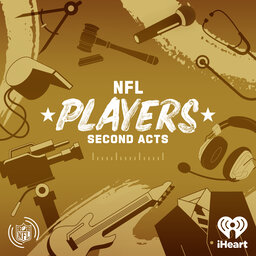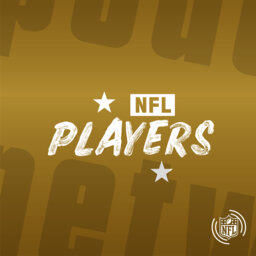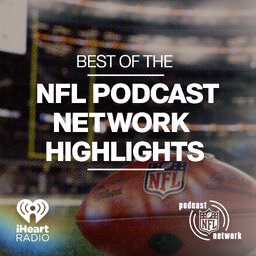Spencer Paysinger talks creating “All-American" TV show, navigating Hollywood politic , and his has he found his Super Bowl ring?
On the latest NFL Players: Second Acts podcast, former veteran linebacker and Super Bowl champion turned Hollywood screenwriter Spencer Paysinger joins Peanut and Roman. Spencer turned in a productive seven-year NFL career that included winning Super Bowl XLVI with the New York Giants. After retirement, he immediately found success as a Hollywood screenwriter with his hit show “All-American.” Spencer takes us on a journey from teaching himself screenwriting, to creating a hit network TV show. He also opens up about how he’s constantly working to gain respect as a writer and producer, and not as a football player working in Hollywood. Spencer also details us upcoming projects, and shares who made his personal Mount Rushmore of influence. All that, and more, in a conversation you don’t want to miss.
The NFL Players: Second Acts podcast is a production of the NFL in partnership with iHeart Radio
In 3 playlist(s)
NFL Players: Second Acts
On the NFL Players: Second Acts podcast, former All-Pro Charles “Peanut” Tillman and former Pro Bowl…Social links
Follow podcast
Recent clips
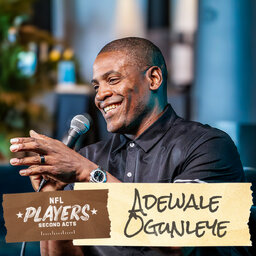
Adewale Ogunleye talks being “saved” by Peanut, Super Bowl XLI, The Deal that Changed His Life, His Work with Athletes on Building Wealth
53:01
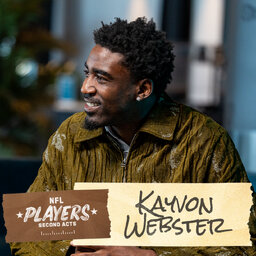
Kayvon Webster on Broncos No Fly Zone Dominance, How His Food Trucks Served Frontline Workers During the Pandemic
39:05
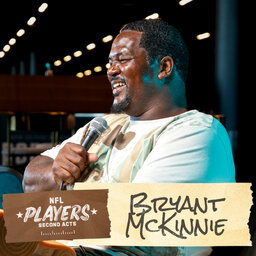
Bryant McKinnie’s Unlikely Journey From Heisman Finalist and Superbowl Champion to Grammy Nominee
52:32
 NFL Players: Second Acts
NFL Players: Second Acts